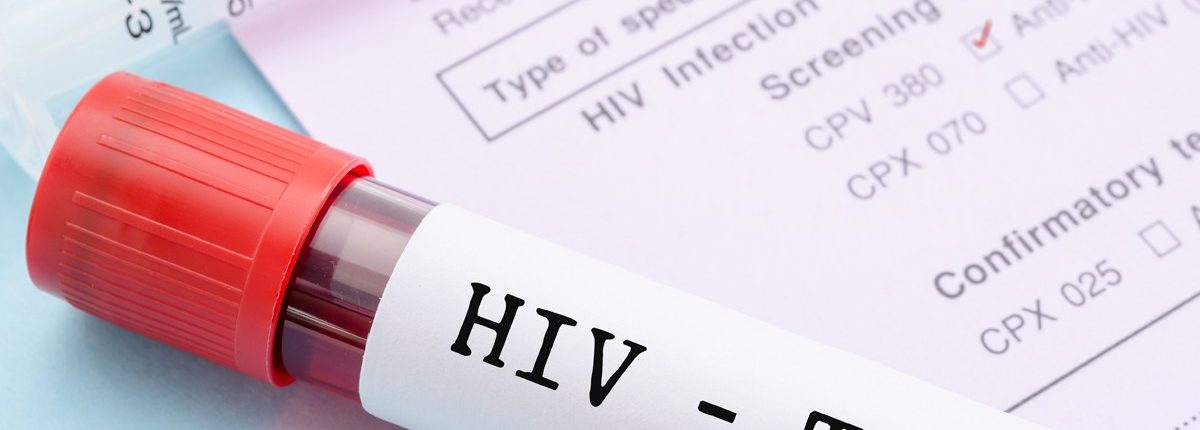December 3, 2025, 12:30 PM ET
CDCHAN-00525
Summary
The Centers for Disease Control and Prevention (CDC) is issuing this Health Alert Network (HAN) Health Advisory to inform clinicians and health departments about a new outbreak of Marburg virus disease (MVD) in Ethiopia’s South Ethiopia and Sidama regions. MVD is a severe illness that can be fatal.
No suspected, probable, or confirmed cases of MVD related to this outbreak have been reported in the United States or other countries outside of Ethiopia as of December 3, 2025. The risk of spread to the United States is considered low at this time; however, clinicians should be aware of the potential for imported cases. As a precaution, this health advisory summarizes CDC’s recommendations about MVD case identification, testing, and biosafety considerations in clinical laboratories for U.S. health departments, clinical laboratories, and healthcare workers.
On November 17, 2025, CDC issued a Level 1 Travel Health Notice, advising people traveling to Ethiopia to practice usual precautions. The notice advises travelers to check their health for signs or symptoms of MVD while in the outbreak area and for 21 days after leaving and take appropriate actions (isolate, avoid travel, seek health care) if they become ill. Ethiopian national authorities are increasing response activities including screening, isolation of cases, contact tracing, airport exit screening, and public awareness campaigns to curb the spread of MVD. As of December 3, 2025, CDC is not recommending additional assessments or monitoring of travelers arriving from Ethiopia by the jurisdictional health departments.















